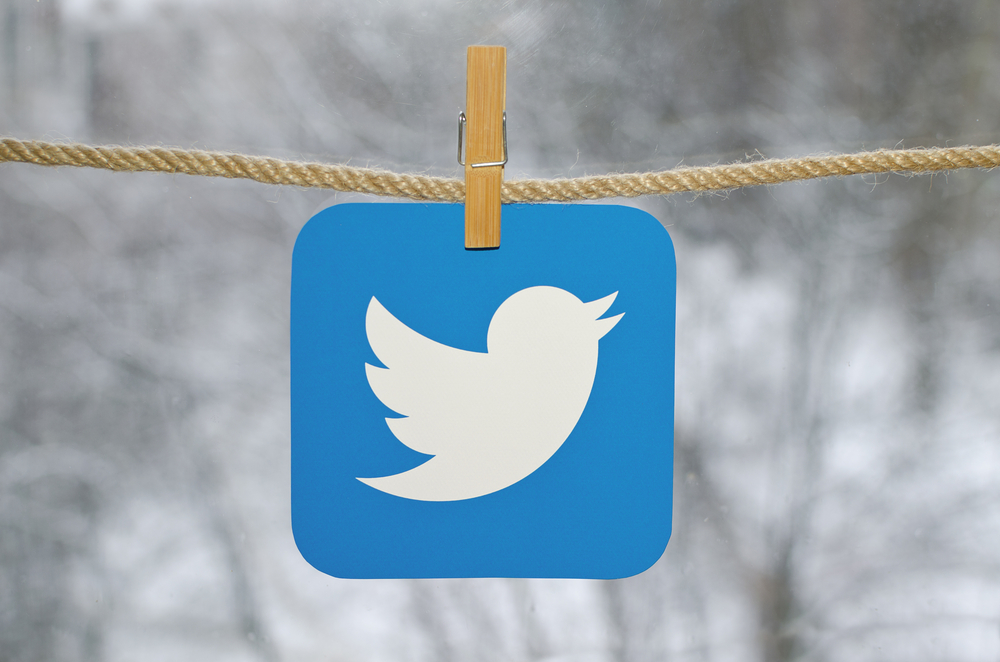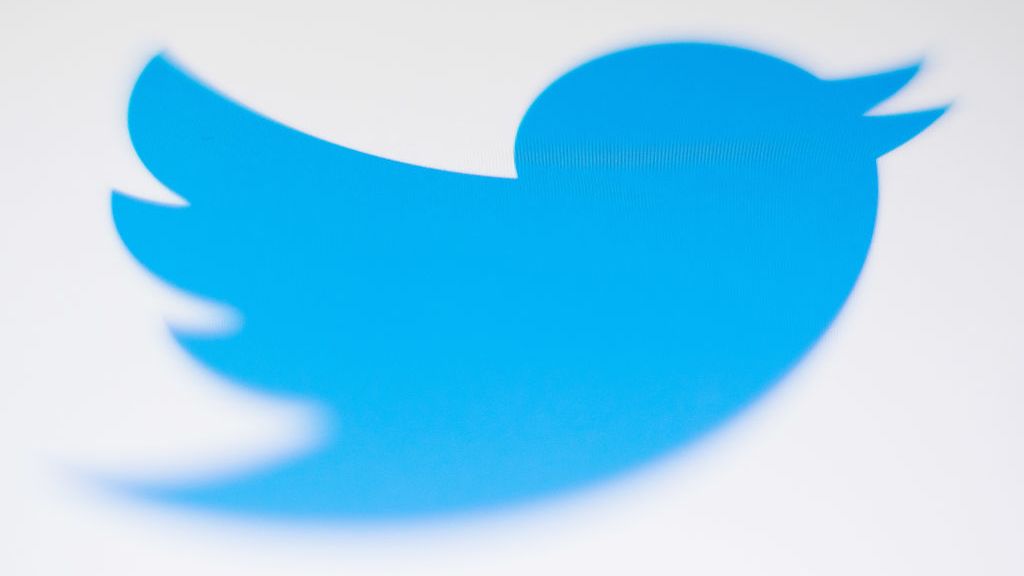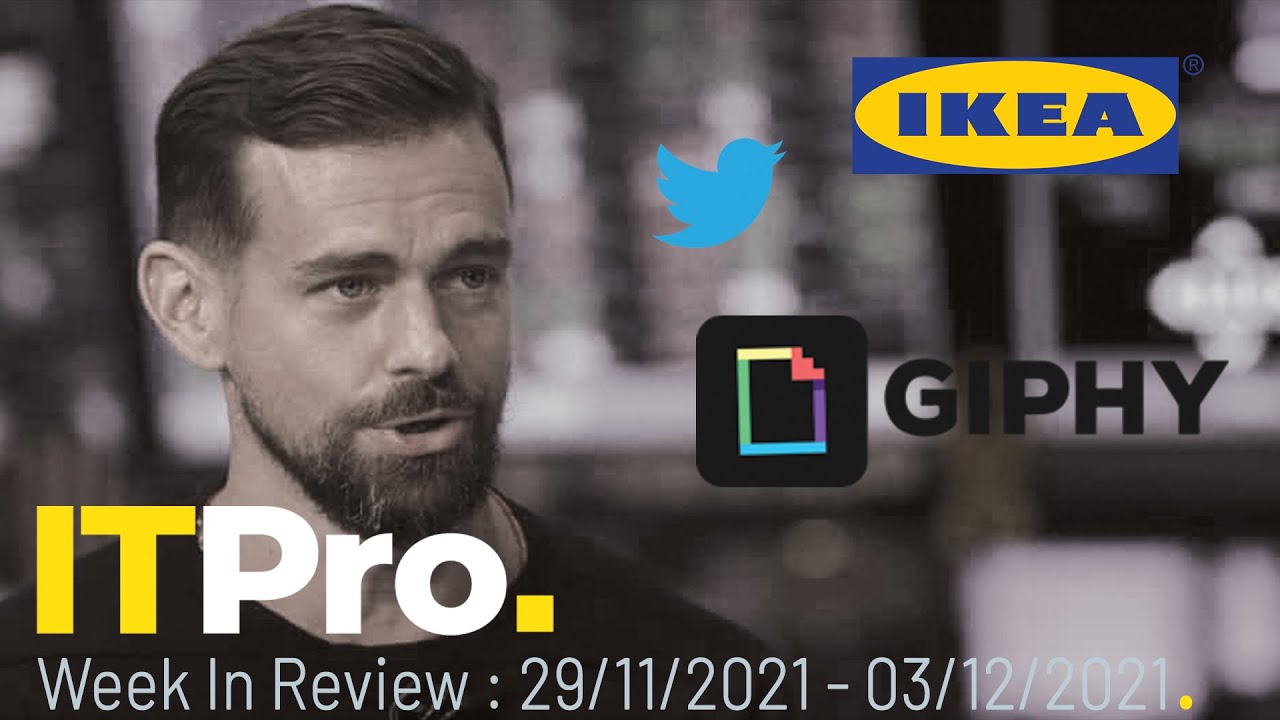Researchers attribute most 'reopen America' tweets to bots
Bots continue to leverage misinformation to sow discord on social media platforms

Carnegie Mellon University (CMU) researchers discovered much of the discussion surrounding coronavirus and reopening America has been fueled by bots.
To analyze bot activity surrounding the coronavirus pandemic, CMU’s team of researchers collected over 200 million tweets discussing the coronavirus or COVID-19.
As they explain in a May 20 study, of the top 50 influential retweeters gathered by the study, 82% were found to be bots. Of the top 1,000 retweets studied, 62% were discovered to be bots.
To determine if an account was a bot, the research team used multiple methods, including artificial intelligence, to analyze how many followers an account relative to its tweet frequency and the account's mentions network.
The team claims that tweeting more than is considered humanly possible or appearing in one country and then another within just a few hours can also suggest an account is a bot.
"We're seeing up to two times as much bot activity as we'd predicted based on previous natural disasters, crises and elections," explained Kathleen Carley, a professor in the School of Computer Science’s Institute for Software Research and director of the Center for Computational Analysis of Social and Organizational Systems (CASOS) and Center for Informed Democracy & Social - Cybersecurity (IDeaS.)
According to Carley, as savvy individuals find themselves with extra time on their hands, they’ve begun creating do-it-yourself-style bots. The number of groups hiring teams to create sophisticated bots has increased too.
Get the ITPro daily newsletter
Sign up today and you will receive a free copy of our Future Focus 2025 report - the leading guidance on AI, cybersecurity and other IT challenges as per 700+ senior executives
Carley attributes the surge in bots to the pandemic, explaining: "Because it’s global, it’s being used by various countries and interest groups as an opportunity to meet political agendas.”
CMU’s research also found that many of the online discussions related to reopening America point to bot activity. “
One indicator is the large number of bots, many of which are accounts that were recently created,” the study explains. In all, CMU found that human accounts with bot assistants generated 66% of the tweets, while 34% of the tweets were generated by accounts that are definitely bots.
"When we see a whole bunch of tweets at the same time or back to back, it's like they're timed," Carley said. "We also look for use of the same exact hashtag, or messaging that appears to be copied and pasted from one bot to the next."
Carley pointed to a subset of tweets regarding popular conspiracy theories, like 5G towers being linked to coronavirus and other health care hoaxes, as creating divides amongst groups too.
"Conspiracy theories increase polarization in groups. It’s what many misinformation campaigns aim to do," Carley said. "People have real concerns about health and the economy, and people are preying on that to create divides."
At this time, the research team has yet to identify the specific entities driving these bot accounts. Without this information, it can be difficult to stop bot accounts altogether. Carley says users can avoid falling victim to bot accounts though.
"Even if someone appears to be from your community, if you don't know them personally, take a closer look, and always go to authoritative or trusted sources for information," Carley said. "Just be very vigilant."
-
 OpenAI's new GPT-4.1 models miss the mark on coding tasks
OpenAI's new GPT-4.1 models miss the mark on coding tasksNews OpenAI says its GPT-4.1 model family offers sizable improvements for coding, but tests show competitors still outperform it in key areas.
By Ross Kelly
-
 Meta just revived plans to train AI models using European user data
Meta just revived plans to train AI models using European user dataNews Meta has confirmed plans to train AI models using European users’ public content and conversations with its Meta AI chatbot.
By Nicole Kobie
-
 Who owns the data used to train AI?
Who owns the data used to train AI?Analysis Elon Musk says he owns it – but Twitter’s terms and conditions suggest otherwise
By James O'Malley
-
 Elon Musk confirms Twitter CEO resignation, allegations of investor influence raised
Elon Musk confirms Twitter CEO resignation, allegations of investor influence raisedNews Questions have surfaced over whether Musk hid the true reason why he was being ousted as Twitter CEO behind a poll in which the majority of users voted for his resignation
By Ross Kelly
-
 Businesses to receive unique Twitter verification badge in platform overhaul
Businesses to receive unique Twitter verification badge in platform overhaulNews There will be new verification systems for businesses, governments, and individuals - each receiving differently coloured checkmarks
By Connor Jones
-
 Ex-Twitter tech lead says platform's infrastructure can sustain engineering layoffs
Ex-Twitter tech lead says platform's infrastructure can sustain engineering layoffsNews Barring major changes the platform contains the automated systems to keep it afloat, but cuts could weaken failsafes further
By Rory Bathgate
-
 ‘Hardcore’ Musk decimates Twitter staff benefits, mandates weekly code reviews
‘Hardcore’ Musk decimates Twitter staff benefits, mandates weekly code reviewsNews The new plans from the CEO have been revealed through a series of leaked internal memos
By Connor Jones
-
 Twitter could charge $20 a month for 'blue tick' verification, following Musk takeover
Twitter could charge $20 a month for 'blue tick' verification, following Musk takeoverNews Developers have allegedly been given just seven days to implement the changes or face being fired
By Rory Bathgate
-
 Twitter reports largest ever period for data requests in new transparency report
Twitter reports largest ever period for data requests in new transparency reportNews The company pointed to the success of its moderation systems despite increasing reports, as governments increasingly targeted verified journalists and news sources
By Rory Bathgate
-
 IT Pro News In Review: Cyber attack at Ikea, Meta ordered to sell Giphy, new Twitter CEO
IT Pro News In Review: Cyber attack at Ikea, Meta ordered to sell Giphy, new Twitter CEOVideo Catch up on the biggest headlines of the week in just two minutes
By IT Pro